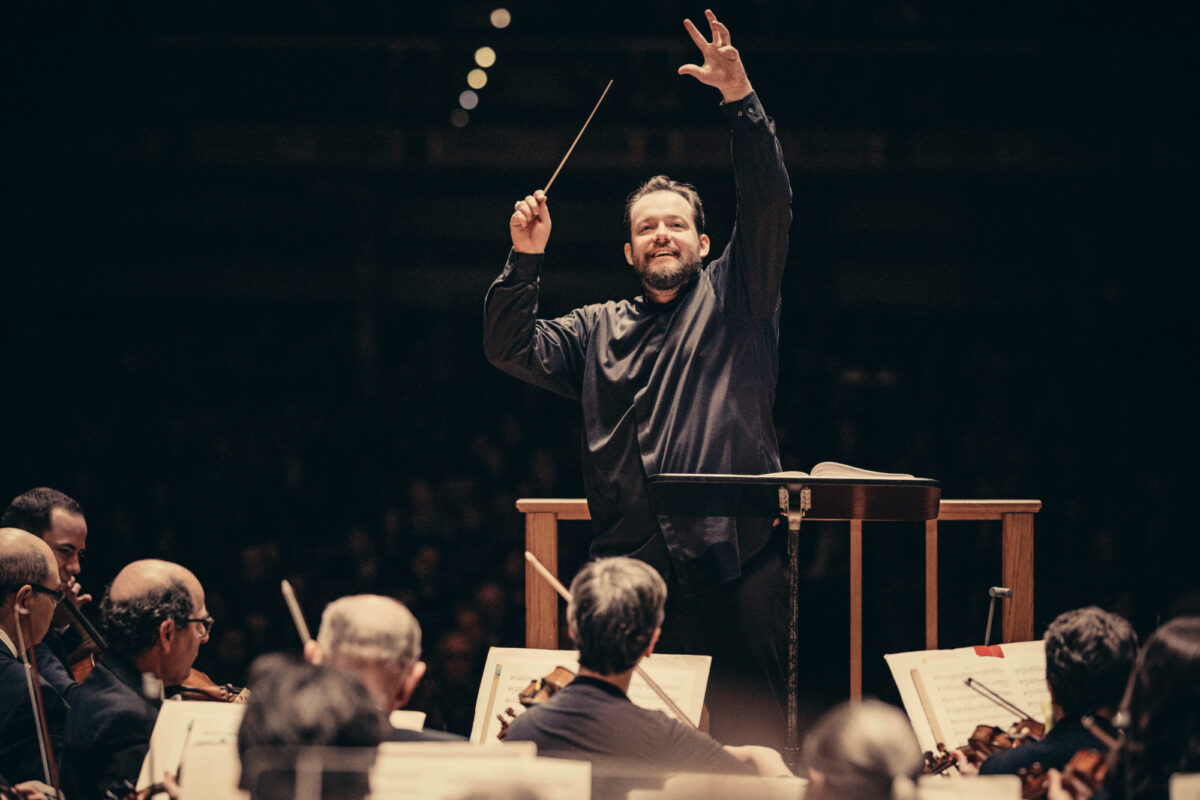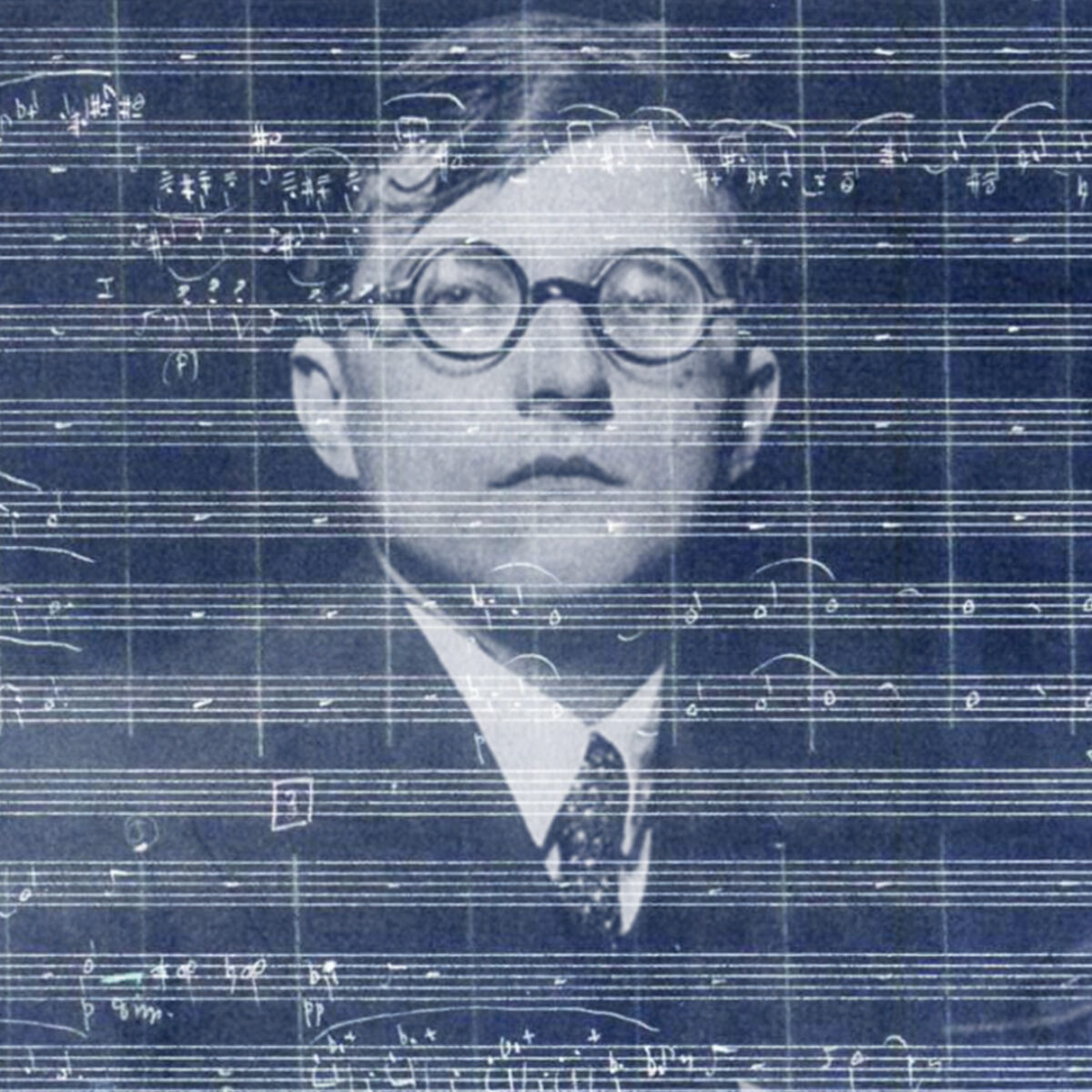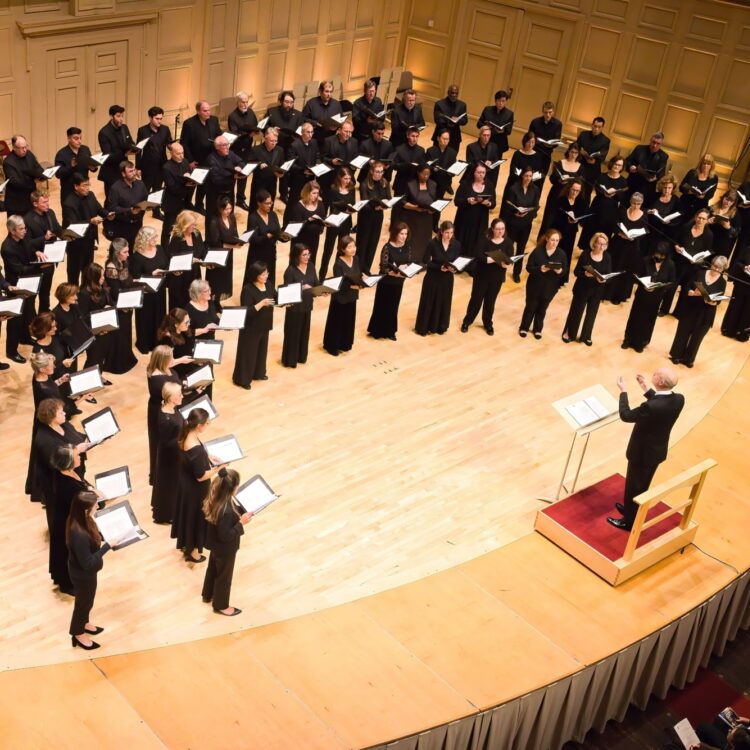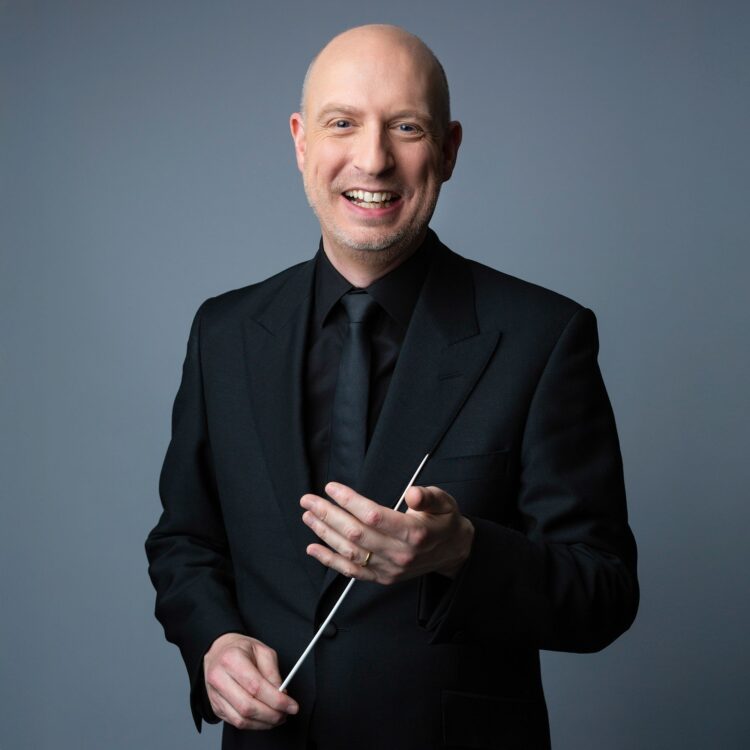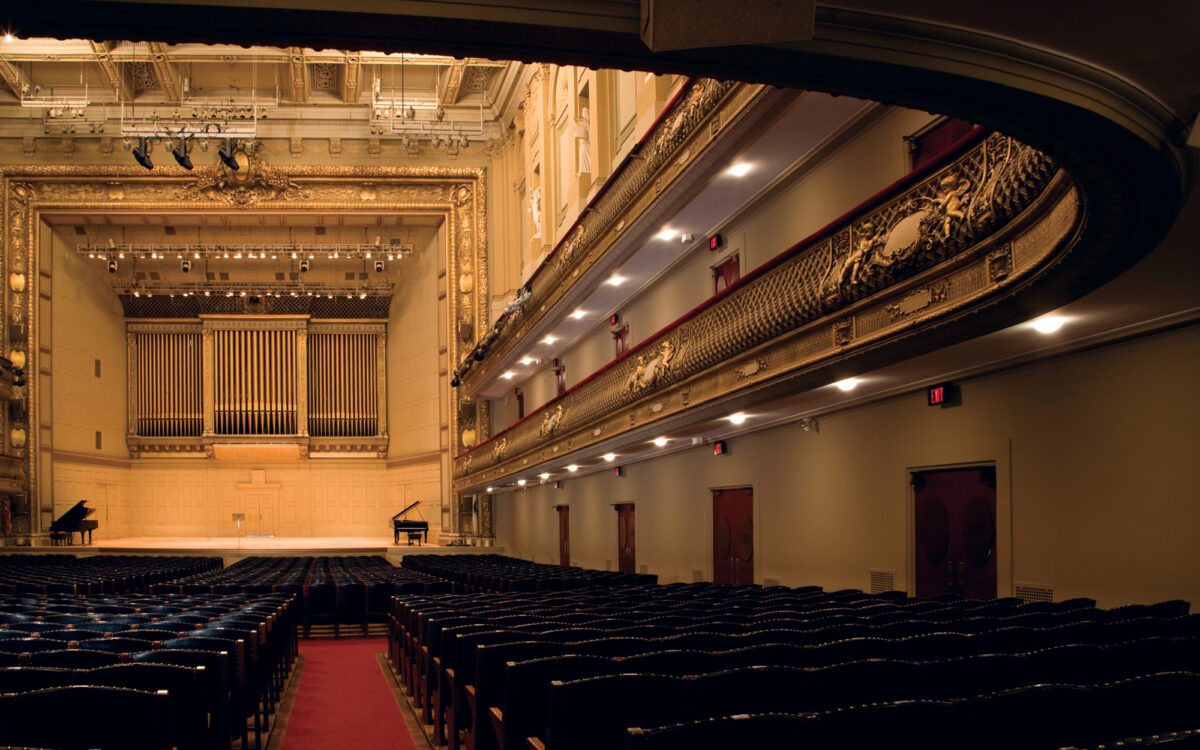Symphony No. 6 & Stravinsky Symphony of Psalms | Decoding Shostakovich

Boston Symphony Orchestra
Symphony Hall, Boston, MA
Andris Nelsons, conductor
Tanglewood Festival Chorus,
James Burton, conductor
Aleksandra VREBALOV Love Canticles for chorus and orchestra (world premiere; commissioned by the Boston Symphony Orchestra, Andris Nelsons, Music Director, through the generous support of Catherine and Paul Buttenwieser and the New Works Fund established by the Massachusetts Cultural Council, a state agency.)
STRAVINSKY Symphony of Psalms
-Intermission-
SHOSTAKOVICH Symphony No. 6
This program pairs Shostakovich’s introspective, classically elegant Sixth Symphony with Stravinsky’s austerely profound Symphony of Psalms, commissioned by Serge Koussevitzky for the BSO’s 50th anniversary. In fact, Shostakovich so revered Stravinsky’s piece that he made a two-piano arrangement of the score. Commissioned by the BSO especially for these concerts, Aleksandra Vrebalov’s Love Canticles sets Psalm texts in English from the King James Bible, using the same musical forces as Stravinsky’s masterpiece. Originally from the former Yugoslavia and winner of the prestigious 2024 Grawemeyer Award, Vrebalov composes music of deeply spiritual humanism influenced in part by traditional Eastern Orthodox chant.
This week's performances by the Tanglewood Festival Chorus are supported by the Alan J. and Suzanne W. Dworsky Fund for Voice and Chorus.
Pre-concert Talk
The April 27 performance will include a pre-concert talk starting at 12:30pm with composer Aleksandra Vrebalov and the BSO Director of Program Publications, Robert Kirzinger.
Performance Details
Apr 26, 2025, 8:00pm EDT
Featuring
Program Notes & Works
Symphony of Psalms
The Boston Symphony Orchestra and Serge Koussevitzky commissioned Symphony of Psalms for the occasion of the orchestra’s 50th anniversary season. The work is regarded by many as one of Stravinsky’s greatest.
Symphony No. 6 in B minor, Opus 54
Shostakovich wrote of his Sixth Symphony, “Here I wanted to express feelings of springtime, joy, and youth.” Soviet officials considered it inappropriate given the political situation at the start of World War II.

